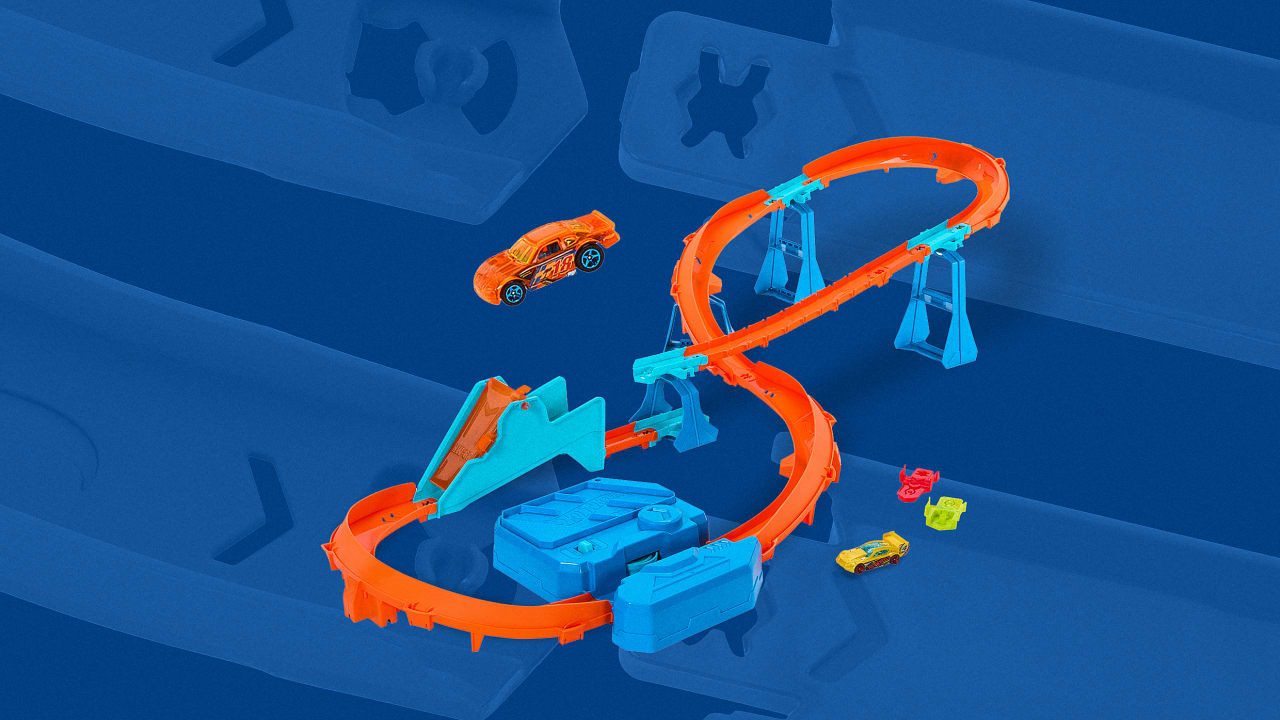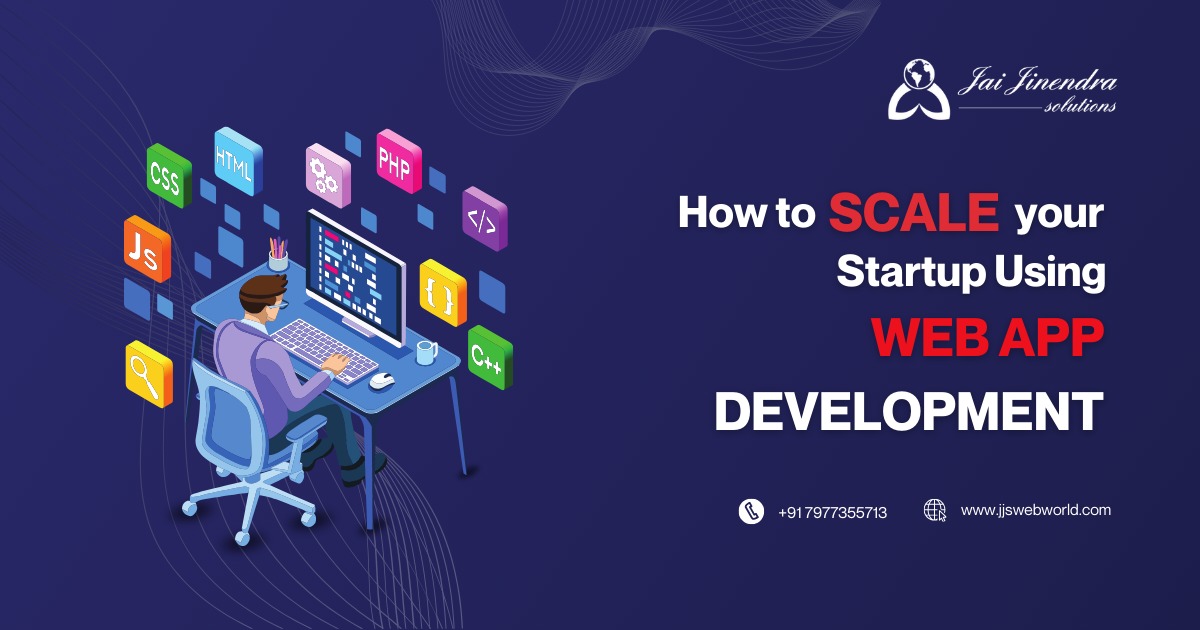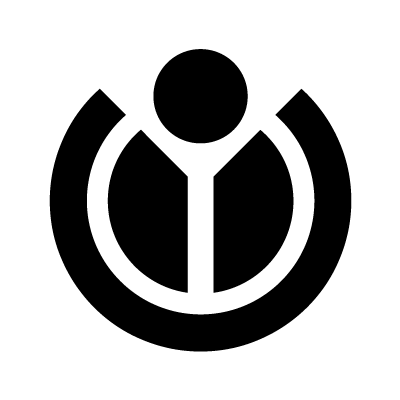Patient-Centered Care Through Smart Healthcare Technology Solutions
The shift toward patient-centered care has become a defining trend in modern medicine, and healthcare technology solutions are at the heart of this transformation. Today’s patients expect convenience, personalized service, and transparency—and the latest healthcare tech solutions are making those expectations a reality across the care continuum.
The shift toward patient-centered care has become a defining trend in modern medicine, and healthcare technology solutions are at the heart of this transformation. Today’s patients expect convenience, personalized service, and transparency and the latest healthcare tech solutions are making those expectations a reality across the care continuum.
One of the most impactful tools driving this change is the patient portal. These user-friendly platforms allow individuals to schedule appointments, request prescription refills, review lab results, and message their doctors all from their smartphones or computers. This level of access not only improves patient engagement but also strengthens the provider-patient relationship.
Additionally, medical technology solutions are being designed with personalization in mind. Advanced analytics tools analyze patient histories, genetic profiles, and lifestyle factors to develop targeted care plans. Whether it’s tailoring medication regimens for patients with chronic illnesses or recommending preventative screenings based on age and risk factors, these solutions help ensure care is never one-size-fits-all.
Health technology solutions are also empowering patients to take control of their health outside the clinic. Mobile apps that track fitness, nutrition, sleep, and medication adherence encourage users to stay involved in their wellness journey. Many of these platforms are connected directly to healthcare providers, allowing for remote monitoring and timely interventions.
For individuals with mobility challenges or those living in remote areas, telehealth remains a game-changing healthcare technology solution. From virtual doctor visits to mental health counseling, patients can now receive high-quality care without leaving their homes. The convenience factor alone has led to greater appointment attendance and reduced stress for many.
Another exciting development in healthcare tech solutions is voice-assisted AI. Virtual health assistants can now answer common patient questions, help manage chronic conditions, and guide users through symptom checkers. This provides support outside of traditional office hours and reduces unnecessary visits for minor concerns.
However, as these technologies expand, it’s crucial to ensure inclusivity. Developers of medical technology solutions must consider language barriers, accessibility for those with disabilities, and digital literacy gaps. Otherwise, these innovations risk widening the very disparities they aim to solve.
Security and data privacy also remain top priorities. Patients need assurance that their personal health information is safe. Fortunately, modern health technology solutions are equipped with multi-layered security protocols and strict compliance with HIPAA and other regulations, reinforcing trust in digital platforms.
Ultimately, the goal of healthcare technology solutions is to put patients at the center of the care experience—empowered, informed, and connected. These tools are redefining what it means to receive care in the 21st century, offering more choice, better outcomes, and improved satisfaction.
As the healthcare industry continues to innovate, the most successful providers will be those that adopt technologies not just for operational efficiency but for enhancing the patient experience. In this new era, healthcare tech solutions are not just tools they are the bridge to more compassionate, responsive, and personalized care.





























































































































































